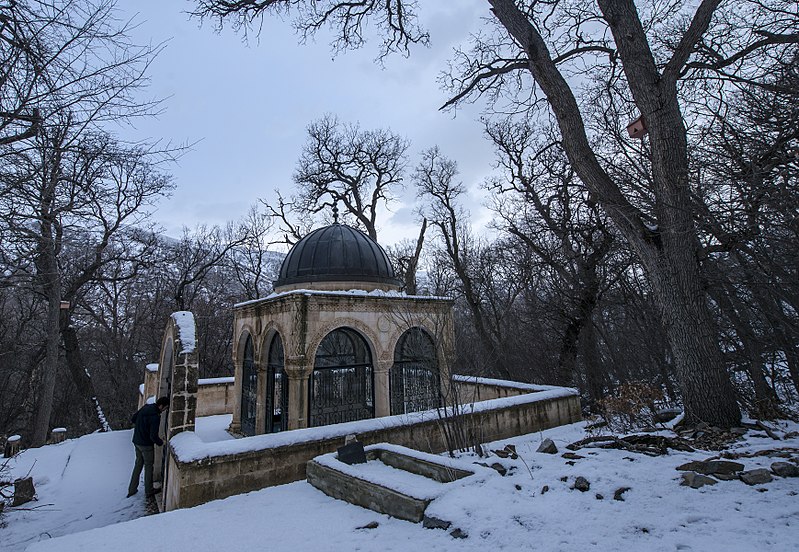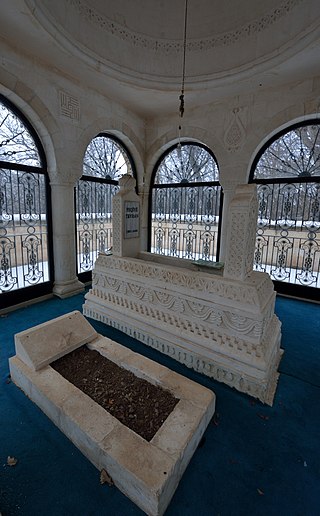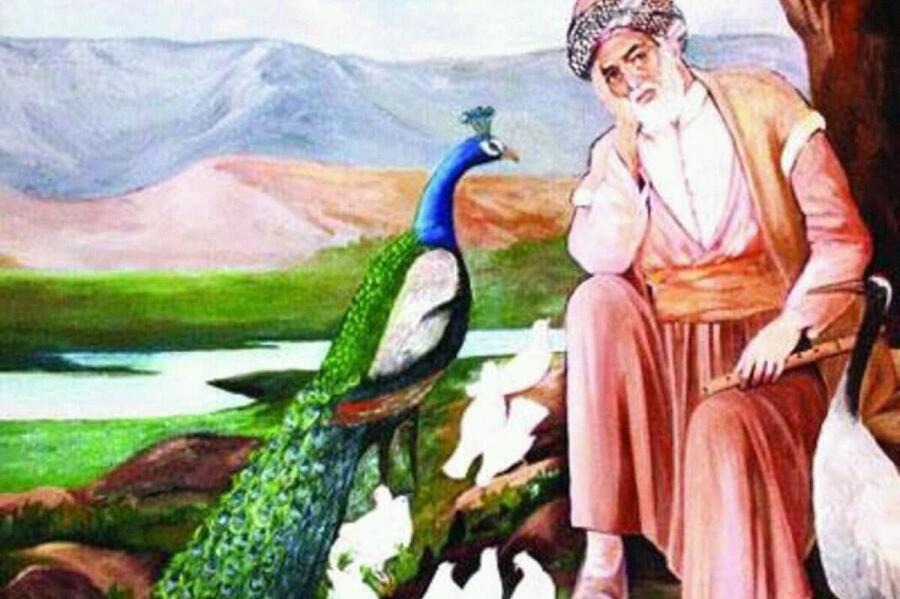The Life of Faqe Teyran
Kurdshop_ According to some historians, the Kurdish poet, intellectual, and philosopher Faqe Teyran was born in 1590 and died in 1660. Although there are many different dates for his birth and death, the closest to the truth is that Faqe Teyran was born in 1590 and lived a very meaningful and scholarly life.
Faqi Teyran has been described as a poet in many texts and wrote many profound and meaningful poems, but above all, he was a great philosopher. He wrote many profound intellectual articles in his time. Although not all of his books and writings have survived to this day, some of them have survived to our time. He made important comments on philosophy, history, and the development of thought in his time. That is why he is considered a great scientist of the time.
Faqi Teyran was a thinker of his time. More importantly, we can say that his understanding was much more advanced than that of his time. The books and poems that have remained to this day prove this.
He had a great mind and defined and expressed that greatness. He also had a great understanding of religious history. He was very profound and knowledgeable in the history of religion. He also had a very high level of understanding and commentary on the relationship between religion and philosophy.
Faqe Teyran has a unique place in the history of Kurdish literature. He is a great poet, writer, and storyteller. He was the son of a Kurdish emir. He left works such as Sheikh Sanaan, Qisay Brsiyan, and Witay Aspi Rash. He was also the first Kurdish author to write poetry.
Faqe Teyran was born in Miks town, which was then part of the Jolamerg region. But later Miks became a district of the Van border, North Kurdistan. Faqe Teyran's real name, as he said in one of his books, was "Mohammad" (Mir Mohammad). He belonged to a dynastic family and his ancestors held the rank of emir in the Ottoman Empire.
Tomb of Faqe Teyran

Faqe Teyran attended school. He was an educated and knowledgeable person. During his lifetime, there were religious schools in Kurdistan and the East. Religious knowledge, language, and literature were taught in those schools. Therefore, the name "Faqe" was associated with receiving knowledge and being a student, and the word "Teyran" is derived from a famous work of Farideddin Atar Neyshaburi called "Mantiq Altayr" (The Conference of the Birds). Faqe Teyran was influenced by Attar both in terms of poetic style and thought. Just as Mawlana was influenced by the Sufi philosophy of Farideddin Attar Nayshaburi.
Faqe is an important poet in Kurdish literature who wrote about nature, love, and mysticism. He is more popularly known as Faqe Teyran, but we know that he used the names Faqe Tara, Faqe Garok, Miksi, Khwaja, Mir Mihe, Mim and He (M and H), and his real name, Mohammad in his works. His grave is now in the Miks, Van.
Shrine and the grave of Faqe Teyran

Some of the works of Faqe Teyran are:
1. Shekhi Sanaan (Sheikh of Sanaan)
2. Dim Dim (Dim Dim Castle)
3. Bersis (Bersis Abd)
4. Witay Aspi Rash (The words of the black horse)
In addition, "Sisaban" and "Farkh and Asti" are mentioned as his works, but these have not yet been published.









